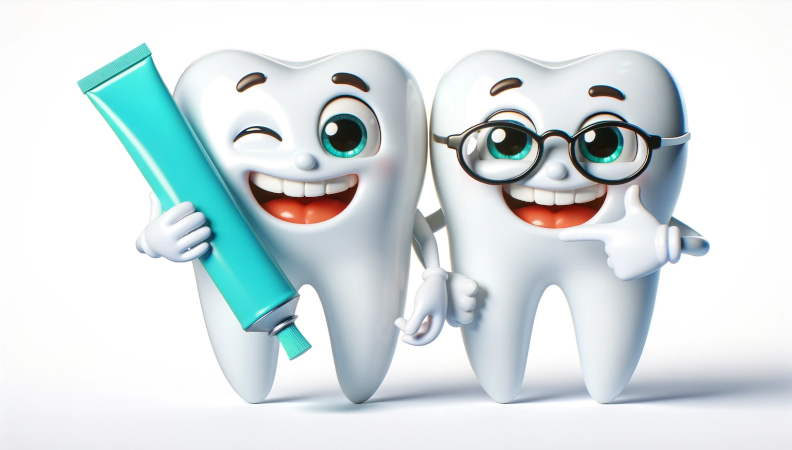Orthodontist vs. Dentist: Understanding the Differences
When it comes to maintaining your oral health, knowing whether to see an orthodontist or a dentist can sometimes be confusing. Both professionals play essential roles in your dental care, but their areas of expertise are distinct. So, how do you decide which one to visit?
Let’s break down the key differences between orthodontists and dentists to help you make an informed decision.
¿Qué es un ortodoncista?
An orthodontist is a dentist who has undergone additional training to specialize in correcting dental irregularities, such as crooked teeth, overcrowding, and bite issues like overbites or underbites. After completing dental school, orthodontists must go through an additional two to three years of specialized education focusing on the complexities of orthodontics. This extra training enables them to design and implement treatment plans that can include braces, retainers, and other appliances to align the teeth and jaws.
Orthodontic issues are more than just cosmetic—they can lead to significant problems such as headaches, speech impediments, and even jaw pain. That’s why early intervention is crucial. The American Association of Orthodontists recommends that children visit an orthodontist by age seven to catch any potential issues early.
¿Qué es un dentista?
Most people are familiar with what a dentist does, as regular visits for cleanings and check-ups are part of maintaining a healthy smile. Dentists are general practitioners who focus on the overall health of your teeth, gums, and mouth. They treat a variety of issues, from cavities and tooth decay to gum disease, and provide preventive care through cleanings, X-rays, and advice on maintaining good oral hygiene.
For most, seeing a dentist twice a year is the key to preventing dental problems and catching any issues before they become serious. Dentists are also the professionals you’ll see for routine procedures like fillings, crowns, and even minor surgeries.
Ortodoncista contra dentista: ¿Cuál es la diferencia?
While both orthodontists and dentists start with the same foundational education, their paths diverge when it comes to specialization. After completing dental school, a dentist can start practicing general dentistry. However, those who want to become orthodontists must be accepted into a highly competitive orthodontic residency program, where only the top candidates are chosen to specialize further.
This specialized training means orthodontists are experts in diagnosing and treating alignment issues of the teeth and jaws, which is why their practice is limited exclusively to orthodontics. On the other hand, dentists provide a broader range of services, focusing on overall oral health.
When to See a Dentist
Consider visiting a dentist if you’re experiencing any of the following:
- Concerns about the general health of your teeth or gums
- Suspected cavities, tooth decay, or gum disease
- Questions about how to maintain oral hygiene and prevent dental issues
A dentist will assess your oral health and provide the necessary care to keep your smile healthy.
When to See an Orthodontist
You should see an orthodontist if you’re dealing with:
- Crooked, misaligned, or overcrowded teeth
- An overbite or underbite
- Difficulties chewing or speaking due to teeth alignment
- Persistent jaw or teeth pain
An orthodontist will evaluate your bite and create a treatment plan to correct any alignment issues.
Meet Dr. W. Glenn Lewis
Dr. W. Glenn Lewis is an experienced orthodontist with an impressive educational background. He earned his predoctoral degree from The Georgia Institute of Technology, completed his dental degree at Emory University, and further specialized in orthodontics with a three-year residency, also at Emory. With 28 years of experience in orthodontics, Dr. Lewis is committed to staying at the forefront of his field through continuous education and active membership in several orthodontic associations.
Understanding the difference between an orthodontist and a dentist can help you make the best decision for your dental care. While both professionals are essential for maintaining a healthy smile, your specific needs will determine which one you should visit. If you have any questions or need more information about our services, don't hesitate to contact us at Masterpiece Smiles. We're here to help you achieve your best smile.

